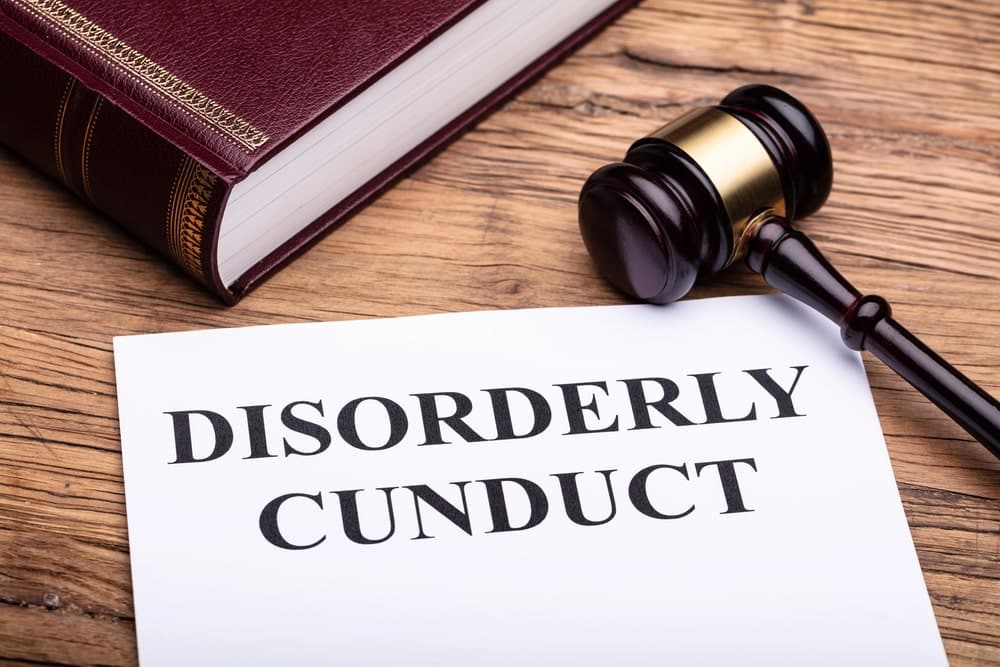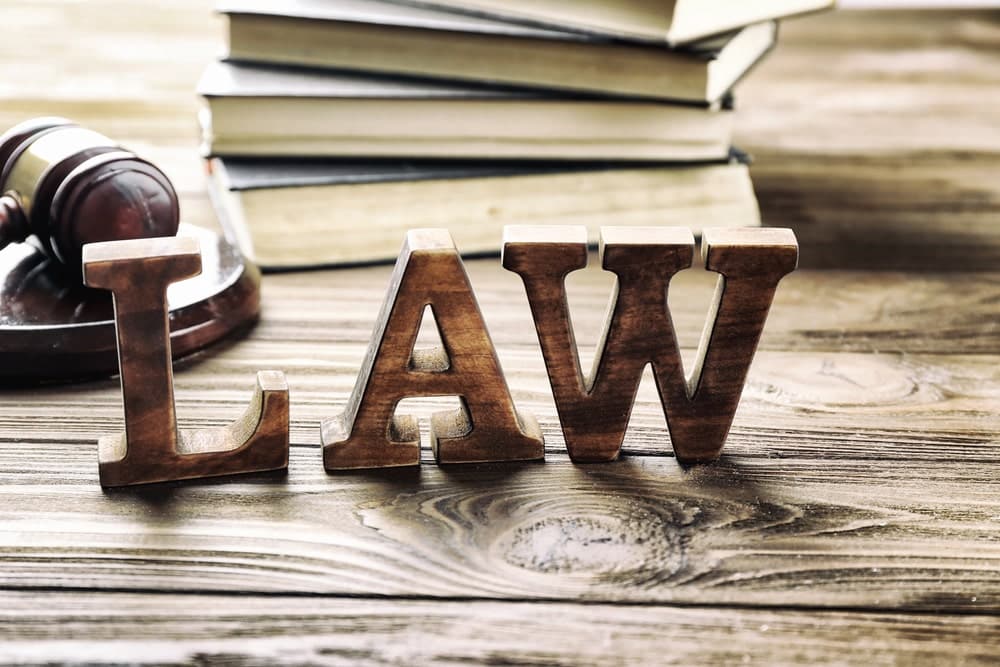Even drugs like marijuana that may be legalized at a state level (as in Maine) can be subject to federal prosecution under certain circumstances and for certain amounts.
It’s important to know what to do if you’re being investigated for or charged with drug trafficking by a federal agency, such as the DEA.
Federal investigators and prosecutors are aggressive as they look to “clean up the streets”. Though many prosecutions are pursued incorrectly, you’ll need an aggressive defense to avoid life-changing penalties if you’re charged.
Call 207-571-8146 or contact us online to schedule a consult with one of our highly skilled criminal defense & OUI lawyers, serving Southern Maine, today.
Table of Contents
How do you get your federal drug trafficking charges dismissed?
For a federal drug trafficking prosecution to be successful, federal prosecutors must prove beyond a reasonable doubt that the accused knowingly possessed a controlled substance with the intent to sell.
To get the charges dismissed, your federal drug trafficking lawyer could challenge the facts of the case, evidence/testimony or question the procedural processes that brought the charges against you.
As such, the defense may be based on one of the following arguments:
Illegal search and seizure
Regardless of what a criminal suspect is accused of doing, he/she has certain rights enshrined in law under the U.S. constitution (“Fourth Amendment rights”).
An illegal search and seizure during the investigation process by federal officials would violate these rights. Vital evidence could then be inadmissible in court.
For instance, if a criminal defense lawyer can prove that the police forced open the trunk of a car without the proper legal authority, it could mean that the drugs found could become inadmissible. This would severely jeopardize the prosecution’s case and charges could be dismissed — even if a large quantity of illegal drugs were discovered.
Lack of ownership
A common defense against federal drug charges is a lack of ownership of the trafficked drugs by the defendant.
The onus is on the prosecutor to prove that the accused had possession and control of the illegal substances to achieve a conviction. If that cannot be proven beyond a reasonable doubt, the case could be dismissed.
Missing drugs
The prosecutor must be able to present the drugs that the defendant is accused of trafficking.
Failure to produce the drugs (which pass through many hands before reaching the court as evidence) could result in the dismissal of federal drug trafficking charges.
Planted drugs
This defense is a challenge in most cases, as it must bring into question the sworn testimony of a law enforcement officer, which is regarded highly by the courts.
Claiming that the drugs were planted on the suspect is difficult to prove but if successful can result in the dismissal of charges.
Entrapment
Entrapment is another challenging defense for federal drug charges.
For this to be successful, your criminal defense lawyer will need to introduce enough doubt that a law enforcement officer pressurized or convinced you to commit a crime (i.e., sell an illegal drug to a third party) that you would not have committed in any other circumstance.
If the illegal drugs are provided by the state, entrapment could also be claimed and charges potentially dismissed.
Call 207-571-8146 or contact us online to schedule a consult with one of our highly skilled criminal defense & OUI lawyers, serving Southern Maine, today.
What types of federal drug charges are there?
Drug trafficking (or “drug distribution” as it may be termed) is just one of many federal drug charges.
Trafficking relates to illegally selling, transporting or importing any controlled substance, including cocaine, heroin, marijuana, methamphetamines or any other drugs that are illegal at a federal level.
Simply being in possession of drugs could result in a felony charge of drug trafficking if you intended to sell them (i.e., you were found with a sufficient quantity in your possession).
Other federal drug charges include:
Federal Drug Possession
The knowing illegal possession of a controlled substance or a legally controlled substance without a prescription (painkillers, sleeping pills, etc.).
Possession with intent to distribute
A form of drug trafficking when a person is found with a large quantity of an illegal drug that was not just for personal use.
Cultivation or manufacture
Such as growing marijuana, making meth, processing cocaine or heroin or purchasing ingredients or equipment to cultivate or manufacture it.
Continuing criminal enterprise
Involvement in a large-scale drug operation, such as a drug cartel.
Federal Drug Conspiracy
Illegal activities that support drug trafficking, such as transporting drug money.
Call 207-571-8146 or contact us online to schedule a consult with one of our highly skilled criminal defense & OUI lawyers, serving Southern Maine, today.
When could you be charged with a federal drug trafficking offense?
The volume of drugs in your possession is one of the key factors involved in the decision of whether federal investigators and prosecutors will be involved — but it’s not the only factor.
Other factors include:
Did you cross state lines?
All crimes that occur when crossing state lines may be removed from the individual states’ jurisdictions and charged as federal offenses.
So, a federal drug trafficking charge could result if law enforcement officers catch you in possession of a controlled substance while crossing state borders.
Were you on national land?
If your alleged drug crime occurred in any of the following locations, it is considered “national land” and may be subject to federal charges:
- National parks
- National wildlife refuges
- Military reservations
- Public-domain land
Is a federal agency involved?
If a federal agency, such as the Drug Enforcement Administration (DEA), investigates your alleged drug trafficking offense, federal charges may follow. This is often the case if you are suspected of growing, manufacturing, distributing or importing drugs.
Federal Drug Trafficking Penalties
As mentioned, penalties for federal drug charges are severe – and drug trafficking is associated with some of the harshest penalties.
Penalties do vary widely, depending on the amount and classification of drugs involved, whether they were intended for distribution, whether or not children were involved, whether a firearm was used in the commission of the crime, whether or not anybody was injured or died and the defendant’s prior criminal history.
Federal drug trafficking sentences range from a mandatory minimum of five years up to a maximum of life imprisonment. Additionally, fines of up to two million dollars can be imposed.
Where mandatory minimums apply, as with many federal drug crimes, the only way judges can sentence below that minimum is if the prosecutors specifically request it through a process referred to as a 5.k.1.1 reduction.
Contact a Federal Drug Trafficking Lawyer in Maine
If you need help defending against federal drug trafficking charges, call The Maine Criminal Defense Group at 207-571-8146 for an initial case evaluation.
Call 207-571-8146 or contact us online to schedule a consult with one of our highly skilled criminal defense & OUI lawyers, serving Southern Maine, today.
Blog Posts

A criminal conviction usually appears on criminal records for life in Maine, potentially impacting the individual’s employment, education, travel, housing, immigration status, and more. However, certain low-level misdemeanor convictions can[...]

The legal term for sentencing a convicted criminal is not required to serve is called a suspended sentence. A suspended sentence is handed down during the sentencing portion following a[...]

If you receive a traffic ticket in Maine, you may be facing far more than demerit points or an administrative penalty. You could be facing criminal sanctions and a permanent[...]

In Maine, disorderly conduct laws effectively make disturbing the peace a criminal offense. While disorderly conduct is considered one of the least serious offenses under Maine’s Criminal Statutes, it can[...]

Any criminal charge for a drug-related offense is a serious matter in Maine,but how consequential the outcomes can get may depend on whether the charge is filed at the state[...]


Self-defense laws in the U.S. are complex, vary from state to state, and are often misunderstood. “Stand your ground” laws allow an individual to use deadly force in self-defense in[...]

Every day in Maine, people are charged with crimes that they did and did not do. Fortunately, in the U.S., we have a justice system that says you’re innocent until[...]

Expungement is the practice of legally erasing or striking out documents or information relevant to criminal charges. It’s not possible to expunge a criminal record in Maine. However, other avenues[...]

If you have been arrested or are under investigation for a crime in Maine, it is crucial to retain the services of a competent and experienced criminal lawyer. A criminal[...]


